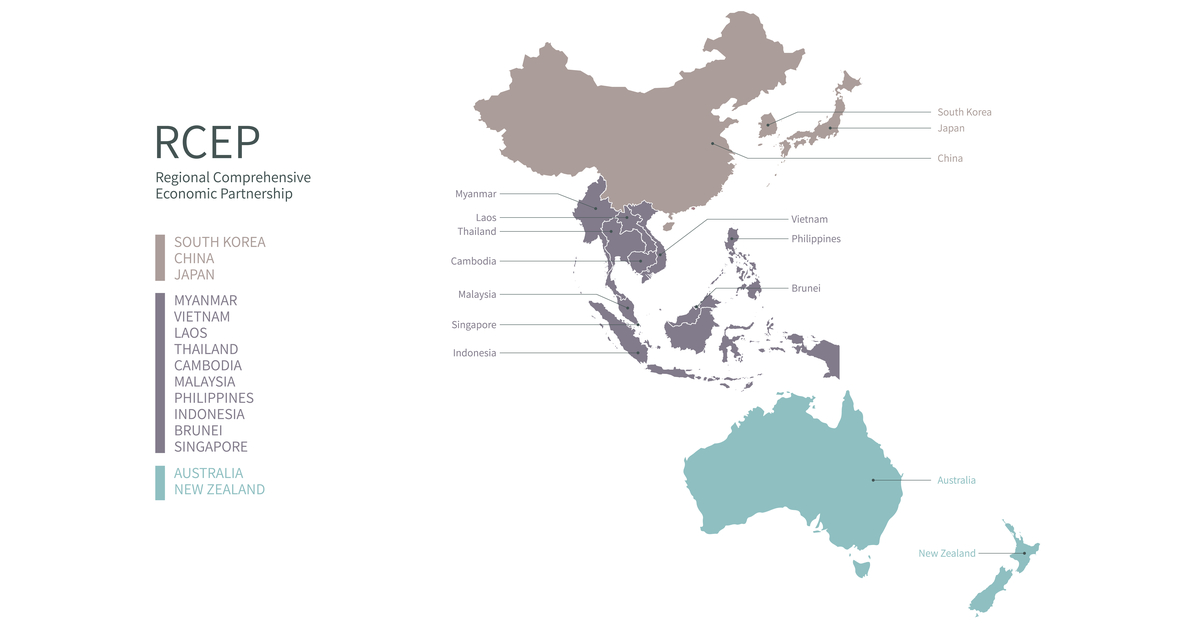Travel insurance is something that people tend to save on, simply because we’ve that “alamak nothing’s going to happen” mindset.
And it’s only when shit hits the fan that Zoe Tay you will cry about it.
So, simi is travel insurance and why you should buy one?
Should you buy travel insurance?
In this uncertain world where anything can happen in a blink of an eye, it’s better to buy one for a peace of mind.
During my first solo trip, I dropped my phone into the ocean while parasailing. Thank God for insurance, I managed to cover some costs of getting a new iPhone. Don’t look at me like that, I really needed a new iPhone; my old phone was damaged by the sea waters, rusting inside out and beyond repair.
But of course, you need to know what you’re in for, for the price you pay. If your existing insurance policy (that is, if you’re paying any) covers a part of your travels then you don’t have to. Pretty common sense, right?
Know what you’re entitled to
For most platforms selling travel insurance, you will usually get 3 prices as a quote, ranging from the cheapest to the most expensive option.

What you will see is also a detailed breakdown of what you’re paying for under the different categories like medical expenses incurred overseas, theft of or damage to your personal belongings and baggage or travel delay, and more.
Are you qualified for travel insurance?
“Huh? What do you mean I have to be qualified to get myself insured? Isn’t this about paying a sum of money and getting insured?”
Well, according to the terms set by Aviva, you must meet the following criteria:
- You live in Singapore for at least 183 days in a year and you have a valid NRIC or FIN.
- You are at least 16 years old at the time of purchase.
- You are not traveling contrary to the advice of a qualified medical practitioner or for the purpose of obtaining medical treatment.
- The journey is a round trip, beginning and ending in Singapore.
- You have bought the policy before you leave Singapore on your trip.
I swear the last 2 points came as an eye-opener for me. That means, for one-way ticket travelers, good riddance!
Add-ons
Most travel insurers have add-ons so they can earn more of your money. Hmm, no lah, it’s actually for your own benefit. Looking at Aviva’s offerings, they have add-ons in the following categories: golf holiday, extreme water sports, overseas wedding and photoshoot, and winter sports.

So you either pick one relevant add-on or just continue with your purchase. For me, I just say ‘no thanks’ and go for ‘next’.
What’s after payment?
Once you’ve confirmed the package you’re signing up for, filled in your details and made your payment, you will receive an email with the travel insurer almost immediately or a few hours after. A PDF document detailing your policy summary will be included.
Now, most people would then check to see if the vital information is reflected correctly – like your name, NRIC, insured period, contact details, and address. If it’s not, do contact your insurer as soon as you spot any mistakes.
Before your trip, it’s good to save the overseas emergency assistance contact number of your insurer (an overseas call can be reimbursed sometimes) in your phone and keep an extra copy of it handwritten somewhere. You never know if something happens and you need a second opinion on costs incurred overseas.
Purchase early
Don’t leave it until the last minute. No, not because we want you to be organized but because it helps protect you against trip cancellation charges.
“But then my airline already got cancellation policy already mah. Still need to buy early meh?”
Well, you’re right on that. But, what if you’re buying from a travel agent instead? Or if anything goes wrong, even if it’s not the fault of a third party but last-minute personal emergencies? It’s always good to find something to fall back on.
Annual travel insurance
If you travel frequently, please drop me a comment and tell me your secret to maintaining that bank account.
“Aiyo, this one need to teach one meh. Embrace the inner aunty in you and shop for deals lah. Go to directasia.com!”
Woo, thanks for sharing with us. I don’t know why I’m having an internal dialogue with myself but that’s not important. According to Direct Asia Insurance, if you are traveling more than 3 times a year, their annual travel insurance plan will be perfect for you.
This is not a sponsored ad. I basically saw it on Facebook and did a search myself. For the annual plan starting from 1 April, these are the options for us:

Hmm, S$149. Let’s say I spend average $30 for a single trip insurance, traveling more than 6 times per year would then make it a good deal. So do you travel at least 6 times a year? That’s a trip on average every 2 months! Are you an influencer or what?
Restricted countries
We are referring to countries that your insurer does not cover. Different insurers have unique guidelines so it’s best to do a search.
For Aviva, they do not cover any loss, injury, damage or legal liability arising directly or indirectly from travel in, to, or through Afghanistan, Cuba, Democratic Republic of Congo, Iran, Iraq, Liberia, Sudan, or Syria.
Buy from insurers that have travel insurance products that insure against insolvency
This means that if you’ve purchased a holiday package from a travel agent and purchasing travel insurance separately, you want to choose a travel insurer that protects you against any failure or disruption of the travel product arising from bankruptcy (or other reasons) of the travel agent.
Advertisements
There’s a non-exhaustive list of insurers put together by STB that insures a consumer to some extent against insolvency on the part of the travel agent. You can refer to it here.
But still, it’s best to contact your insurer to know the exact details since coverage for travel agent insolvency varies across different travel insurance products. #DontTravelBlurTravelSure #IQuoteSTB
The claiming process can be tedious
I’ve personally claimed travel insurance once so forget about insurers telling you “it’s going to be a fuss-free process if you book with us” and all that kind of marketing gimmicks to stand out from their competitors.
You’re ultimately taking money from them, so to speak, so expect them to question you like an FBI agent and tons of emails back and forth. If you’ve had a good experience with a particular insurer, please share it with all of us. We thank you in advance from the bottom of our hearts.
But hey, better than nothing, right?
Advertisements
If you want to see what people are saying about the particular insurer before you weigh your options, go to their Facebook page and see if comments are left behind. If there’s none, look out for the ‘community’ tab on the left side of the page. Usually, that’s a good platform to see what the public is saying about them.

But of course, we’re hoping that nothing major happens to you and you don’t have to make it a claim. Happy travels and stay safe!



